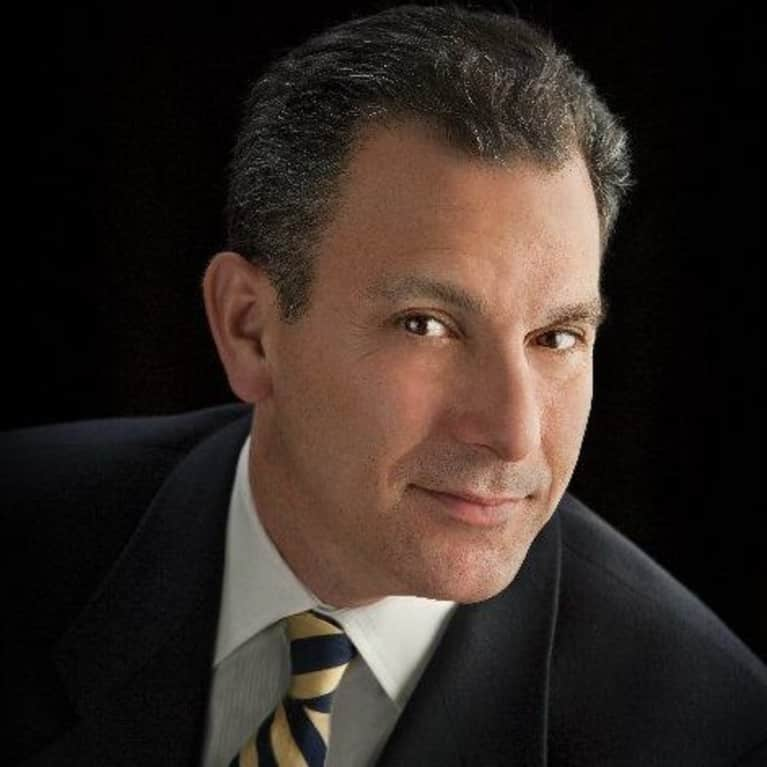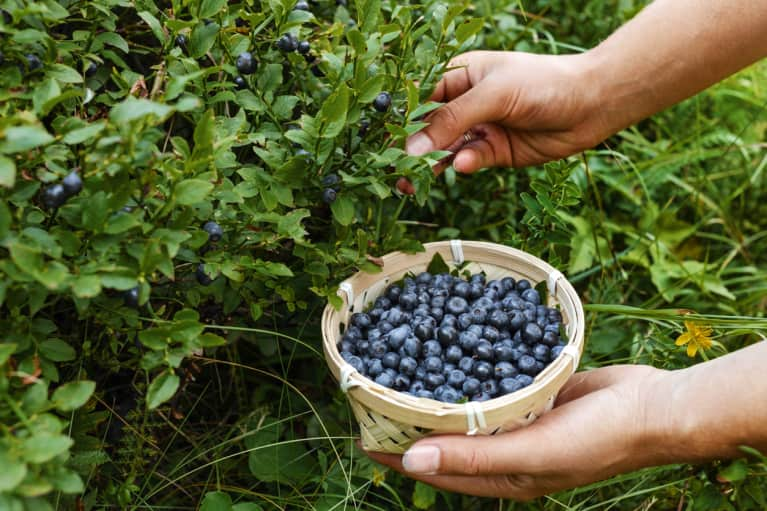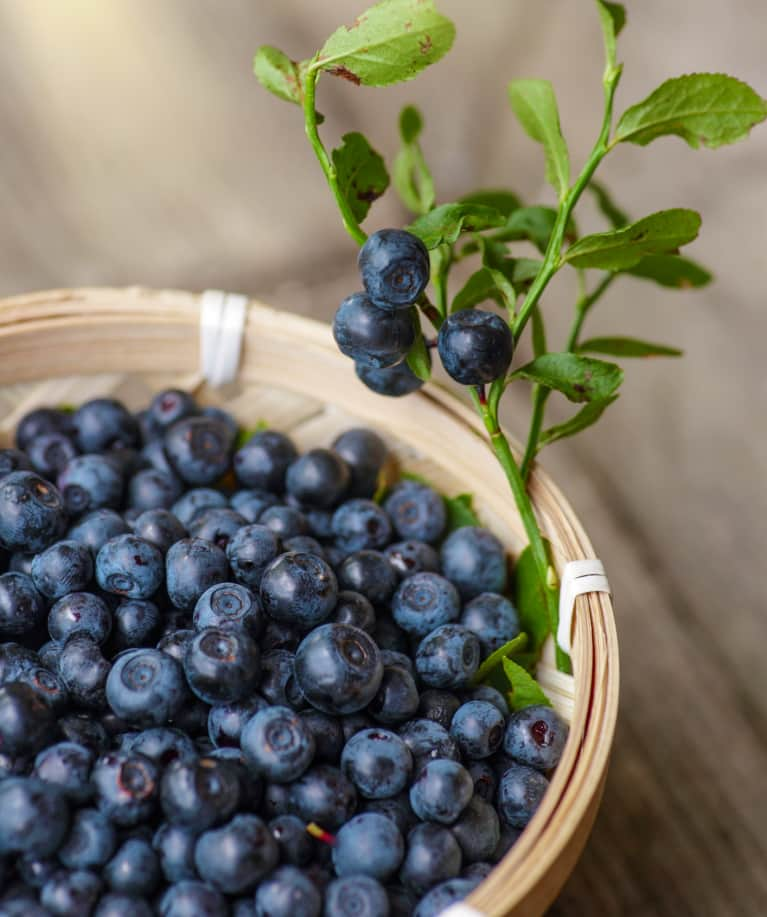What Stem Cells Really Are + How To Boost Them Naturally ( courtecy;- Joel Kahn, M.D. By Joel Kahn, M.D. Cardiologist & Best-Selling Author )
What Stem Cells Really Are + How To Boost Them Naturally
The results of a new study showing that fasting for 24 hours boosted the stem cell activity in mice recently blasted the headlines of every major news outlet. And while the actual study is a bit dense and difficult for anyone who's not a doctor or researcher to understand, being familiar with what stem cells are, why you might want more of them, and natural and safe ways to boost your own stem cell activity are timely topics that all of us should know.
So what are stem cells, anyway?
Stem cells are a type of cell that has the potential to develop into different cell types in the body. Because of this, these types of cells can serve as a repair system and theoretically divide without limit to replenish other cells for as long as you are alive. When a stem cell divides, each "daughter" cell has the potential to either remain a stem cell or become another type of cell with a more specialized function, such as a heart muscle cell, a red blood cell, or a brain cell. In theory, we might want to simply boost stem cells while we are young and then use them to keep our heart, hips, brain, and other parts our body healthy as we age.
How can we boost stem cells?
There are a few well-known methods for accessing your stem cells that can be used for serious medical conditions. Keep in mind that these would not be used for just any health and wellness program but under medical supervision and for a specific medical issue. They are:
- Bone marrow stores, which can be harvested by drilling into bone for a biopsy.
- Fat cells, which can be harvested by liposuction.
- Blood extraction by apheresis, a machine in blood banks that looks like a dialysis unit.
In the recent study published on fasting and stem cells, the research team fasted mice for 24 hours and then harvested stem cells from their intestines. They grew the stem cells in a culture and measured their activity. They found that the regenerative capacity of the stem cells doubled compared to mice that did not fast. The science fits well with the large body of evidence that nutrition—or absence thereof during fasting—has profound effects on the behavior of cells and the maintenance of health. One of the researchers, Omer Yilmaz, indicated that "fasting had many effects on the intestine, which included boosting regeneration as well as potential uses in any type of ailment that impinges on the intestine, such as infections of cancers."
Although mice may show some changes in stem cell activity in 24 hours, in humans, studies indicate prolonged fasts can be used to trigger stem-cell-based regeneration that rejuvenates the immune system. This hopeful idea was studied by the team at University of Southern California led by Valter Longo, Ph.D., and initial findingswere published in 2014. Using two to four days of a fasting-mimicking diet (FMD) in patients undergoing chemotherapy for various cancer diagnoses, patients demonstrated protection from the toxicity of treatments. The study has profound implications for accessing healthier aging as immune cell function and protection from disease declines with age. Using fasting to kill older and damaged immune cells and replacing them with stem-cell-derived new ones opens doors to a practical method to make your stem cells work for you. Dr. Longo commented that "we could not predict that prolonged fasting would have such a remarkable effect in promoting stem-cell-based regeneration."
Can we all use prolonged fasting to boost stem cell production?
According to research published in early 2017, you can. The study involved 100 healthy subjects that completed the fasting-mimicking diet (800 to 1,100 calories daily of a plant-based diet low in protein and simple carbohydrates that is commercially available) for five consecutive days a month for three months. Compared with the control group, the participants using the prolonged "fast" had a reduction in body weight, abdominal fat, blood pressure, inflammation, and a tumor marker called IGF-1 while enjoying a significant boost in stem cells circulating in the bloodstream. Even when the participants were reassessed three to four months after finishing the three cycles of the FMD, there were sustained benefits including maintenance of 60 percent of the weight loss.
Are there any other natural ways to activate stem cells?
So we know that fasting can help stimulate stem cell production, and that raises the question: Are there are any other natural activators of stem cells? Although the work is preliminary, there are data that the polyphenols and antioxidants found in blueberries, green tea, pomegranates, goji berries, and even spirulina can increase circulating bone-marrow-derived stem cells. Research indicates that the response to bouts of acute exercise includes increases in stem cells in the circulation.
As a personal testimonial, after completing three months of the FMD in early 2017, I found that a sore right shoulder and a right foot plantar fasciitis had resolved and to this day remains at bay. This was accompanied by the perk of an 18-pound weight loss and a similar drop in systolic blood pressure. While I cannot be certain it was the regenerative activity of stem cells repairing damaged cells, it is good to know that we all have ways to utilize our natural reparative pathways and get ourselves back to optimal health!



মন্তব্যসমূহ
একটি মন্তব্য পোস্ট করুন